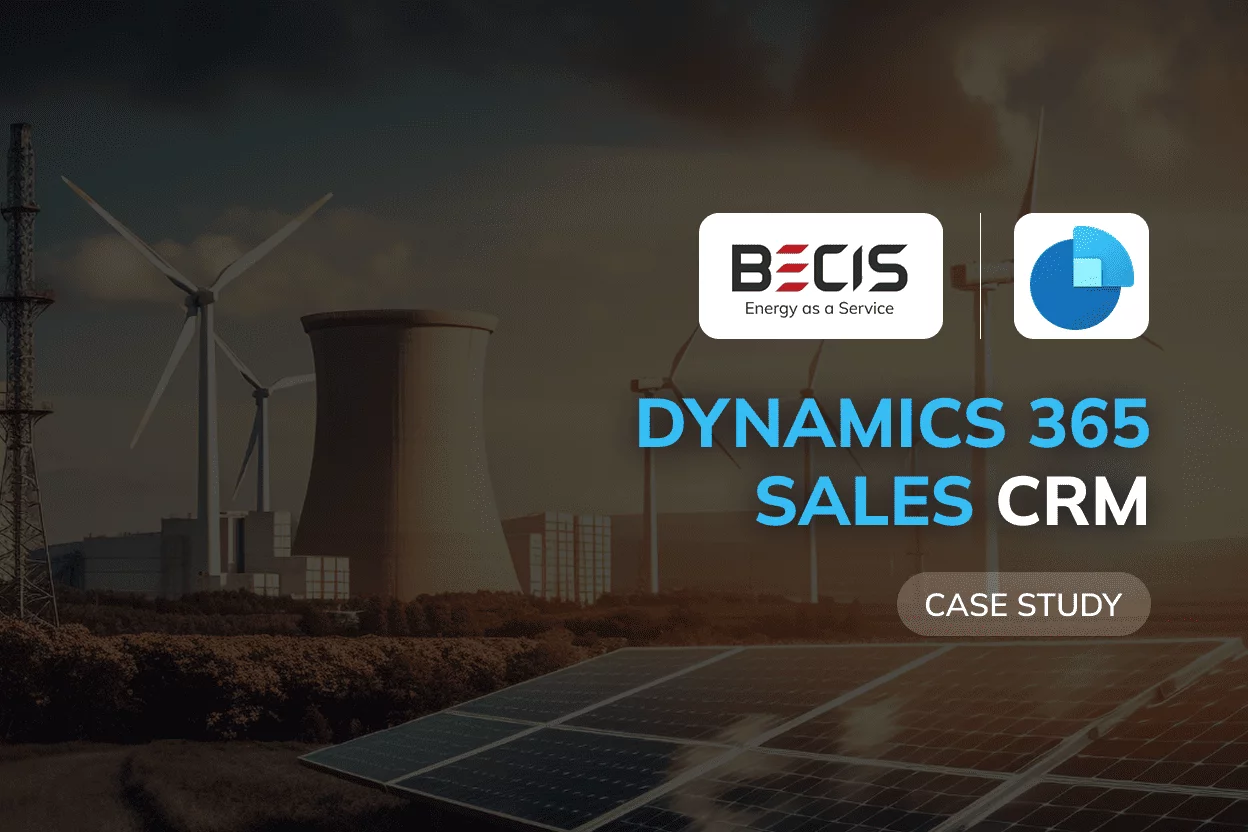Ever wondered how your online order, shipped from across the globe, makes it to your doorstep so smoothly? Behind the scenes, the logistics industry is experiencing a quiet transformation and Artificial Intelligence is at the center of it. The days of manual tracking and unpredictable delivery schedules are fading with AI in logistics industry. Today, AI in container tracking app is helping companies gain real-time visibility into container movements, make accurate predictions, and plan more efficient routes.
As per Markets and Markets research, the AI-driven supply chain market is expected to reach a valuation of USD 14.49 billion by 2025 and is anticipated to grow significantly, hitting approximately USD 50.01 billion by 2031, with a projected compound annual growth rate (CAGR) of 22.9%.
In an industry where every second and shipment matters, AI is not just improving operations, it is shaping the future of logistics. In this article, we’ll explore use cases of AI in the logistics industry and highlight the key benefits of using an AI in container tracking app.
5 Benefits of AI in Container Tracking APP
AI in container tracking apps are transforming how freight forwarders and shippers operate by offering smarter, more efficient ways to manage cargo. Below are five key benefits of using AI for container tracking.
![]()
Real-Time Tracking
AI-powered container tracking offers up-to-the-minute updates on container location, condition, and status. This allows shippers and freight forwarders to monitor container movements accurately and make timely, data-driven decisions.
Greater Efficiency and Cost Savings
By providing precise information on container whereabouts, this technology helps streamline logistics operations and reduce shipping delays. It also helps cut down on avoidable expenses such as detention and demurrage fees.
Effective Exception Handling
With advanced exception management, the app highlights only those shipments that are running significantly behind or ahead of schedule. This enables teams to prioritize and respond swiftly to critical issues.
Better Inventory Control
With full visibility across the supply chain, from the origin to the delivery point, container tracking enables more accurate inventory management. This leads to more efficient logistics planning and smoother operations.
Improved Customer Experience
Using container tracking app, logistics providers can give customers reliable and timely updates on their shipments. This transparency builds trust and boosts overall customer satisfaction and loyalty.
Use Cases of AI In Logistics Industry
AI is changing how logistics companies operate by introducing smarter, faster, and more reliable solutions. Here are some of the keyways it’s being applied across the industry.
![]()
Route Optimization
AI systems can process vast amounts of data, including traffic trends, weather conditions, and delivery destinations, to identify the most efficient routes for delivery vehicles. This helps logistics companies reduce delivery time, lower fuel expenses, and minimize the number of vehicles needed.
UPS improves its delivery routes using an AI-based navigation tool. Since it was launched in 2011, the system has helped the company save around 100 million delivery miles and 10 million gallons of fuel.
Inventory Management
AI supports logistics companies in optimizing inventory by forecasting demand and managing stock levels efficiently. This helps reduce inventory costs, avoid stockouts, and improve order fulfillment rates.
Amazon leverages AI to analyze demand trends and adjust its inventory accordingly. This AI-driven system has allowed Amazon to cut inventory costs by 25% and increase its order fulfillment rate by 30%.
Predictive Maintenance
AI can anticipate equipment failures before they happen, enabling logistics companies to schedule maintenance in advance and minimize downtime. This leads to improved efficiency, lower maintenance expenses, and longer equipment life.
DHL uses an AI-based system to track the condition of its delivery fleet. By analyzing sensor data from vehicles, the system predicts when maintenance is needed, helping the company avoid unexpected breakdowns and reduce downtime.
Chatbots and Virtual Assistants
AI-powered virtual assistants and chatbots are capable of responding to customer queries and providing immediate assistance. This enhances customer satisfaction while easing the load on human support staff.
FedEx has an AI chatbot that manages customer queries. It can handle a wide range of questions and offer real-time help, cutting down wait times and improving the customer experience.
How Intelegain Helped Liladhar Pasoo Transform Container Tracking with AI Powered Application
In a move to modernize logistics operations and enhance container visibility, Liladhar Pasoo, one of India’s leading logistics and supply chain management companies, aimed to develop a container tracking application that could provide real-time shipment tracking and intelligent insights across the supply chain.
Business Challenge
Liladhar Pasoo needed a solution that could go beyond basic tracking. The goal was to build a smart, end-to-end platform capable of offering real-time container status, predicting delays, and integrating smoothly with their internal ERP systems. At the same time, the solution had to improve customer communication and operational efficiency.
Solution
In collaboration with Intelegain, Liladhar Pasoo launched an AI-powered Container Tracking Application for both iOS and Android. The app utilizes AI algorithms to provide predictive insights such as identifying delays, flagging anomalies, and highlighting potential disruptions before they escalate.
With real-time tracking, intelligent alerts, and seamless ERP integration, the application delivers accurate, up-to-the-minute data on container location and shipment status. Its intuitive interface enables logistics managers to make quicker, data-backed decisions and gain a comprehensive view of operations, improving overall supply chain responsiveness.
Need of AI in Container Tracking & Logistic Industry
AI is reshaping the logistics industry by making it smarter, more efficient, and focused on customer needs. From optimizing delivery routes to enabling real-time tracking, AI is revolutionizing how logistics operations are managed. This innovation helps companies reduce expenses, boost productivity, and maintain a competitive edge.
As technological advancements continue, the adoption of AI will become increasingly widespread. Adopting AI-driven solutions is essential for businesses aiming to maintain a competitive edge. Looking to bring AI into your logistics strategy? Reach out to us. We are here to help you get started.
FAQs
A container tracking app enhances operational efficiency and reduces delays. Businesses gain full transparency across shipping routes.
Yes, AI enhances supply chain management by using real-time and historical data to accurately forecast demand, enabling better inventory control and operational planning.
Yes, even small logistics firms can leverage AI for inventory control, customer service, and route planning.
Absolutely, it enables end-to-end tracking of containers across borders, ensuring transparency in global logistics.













